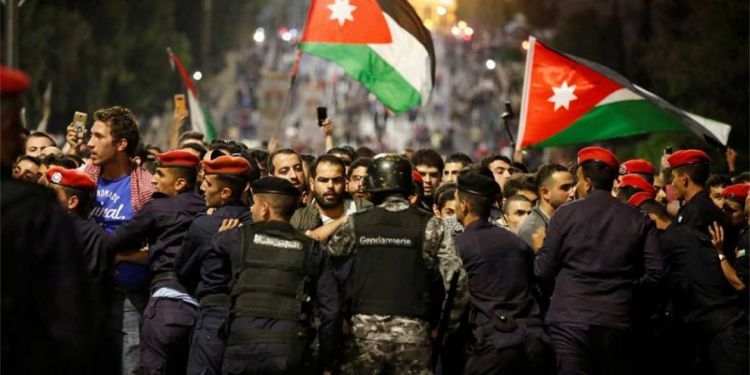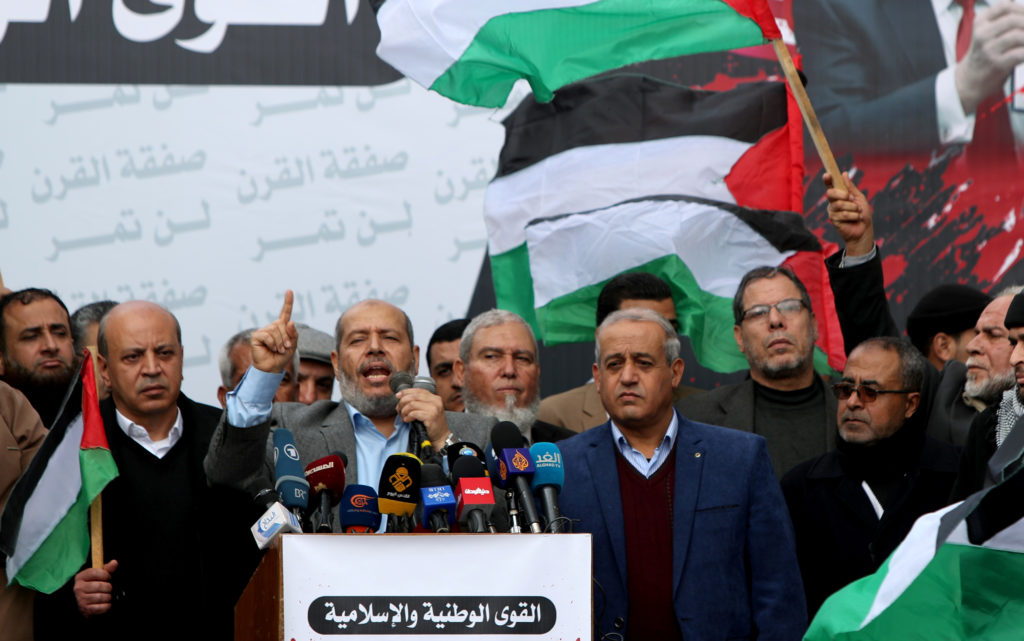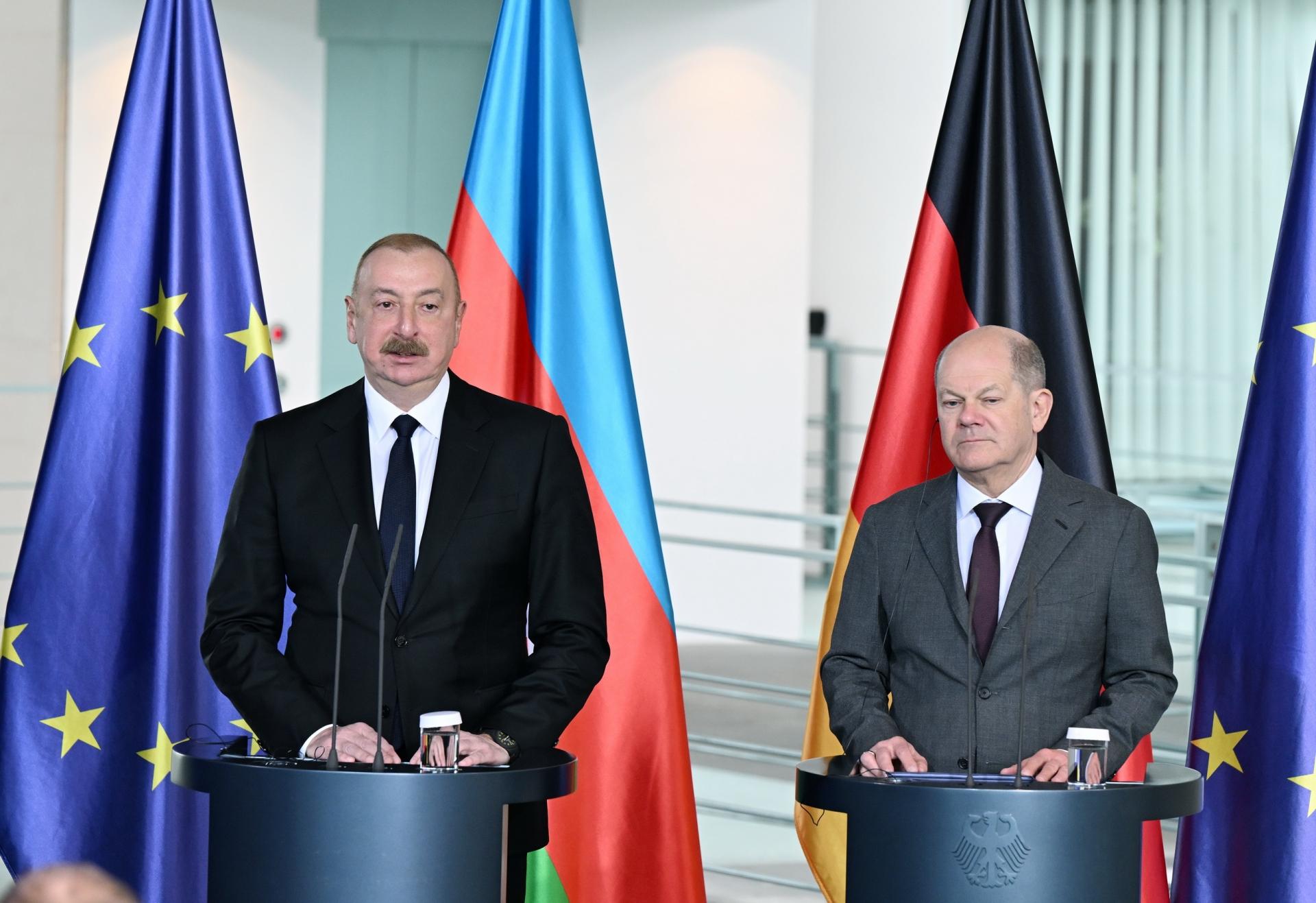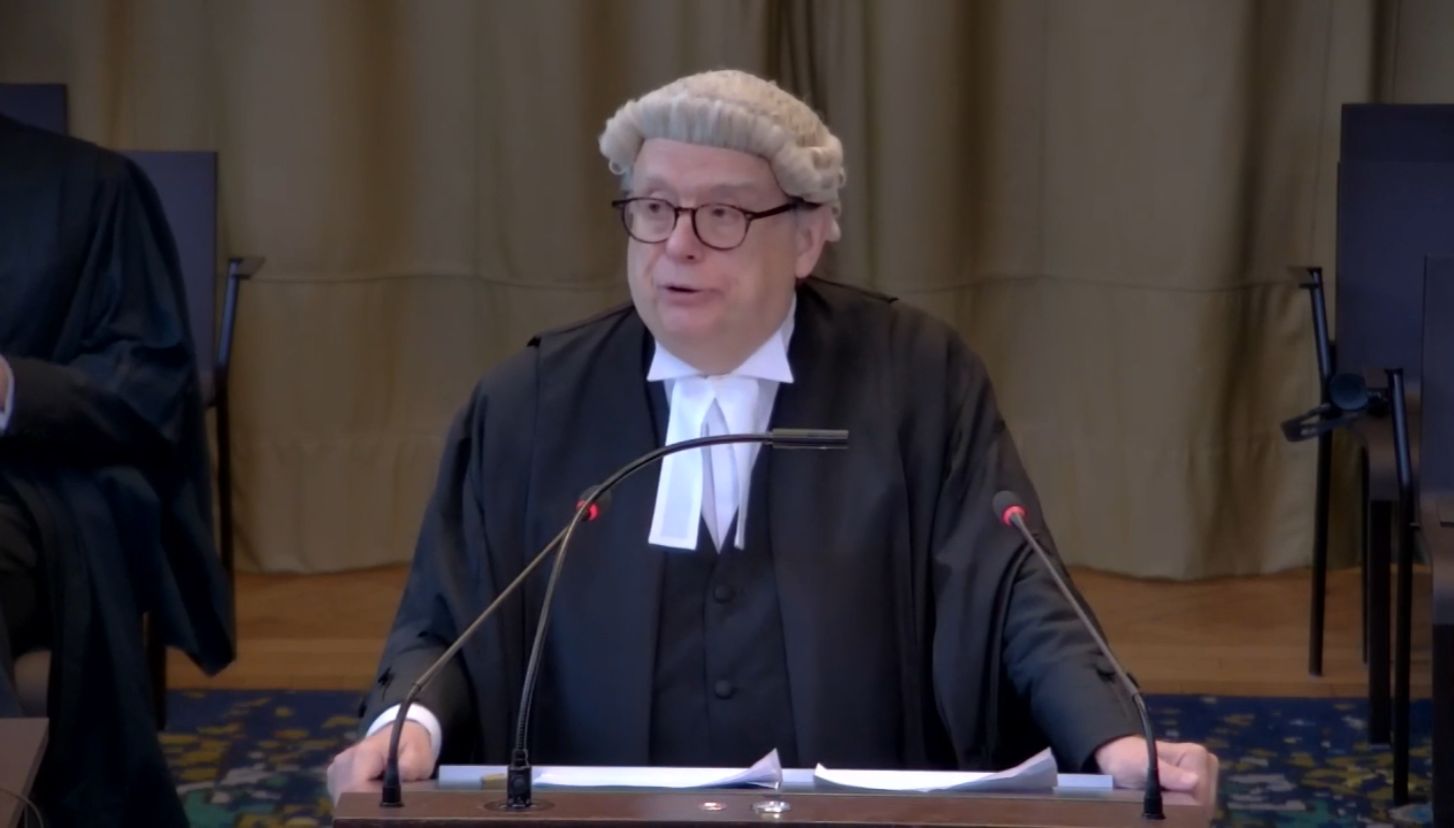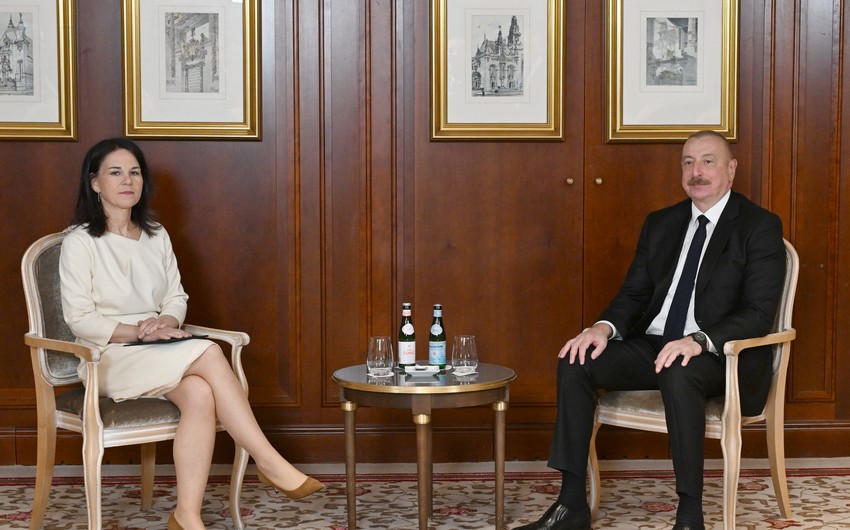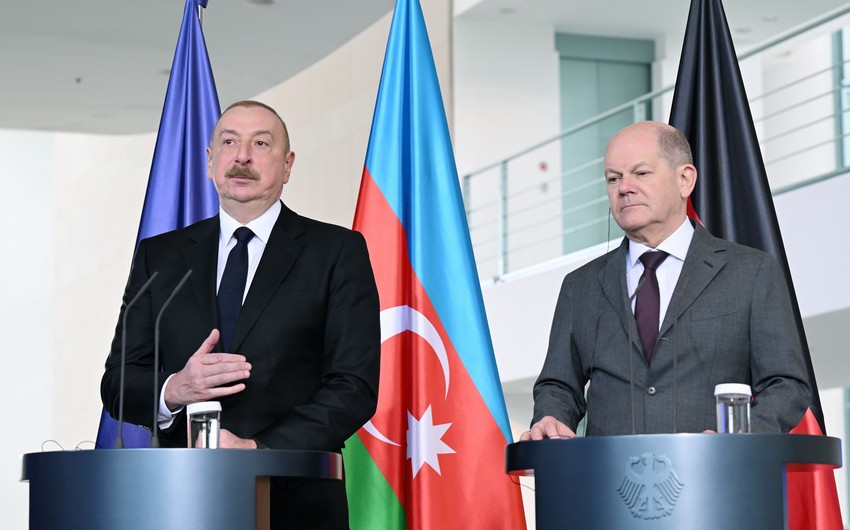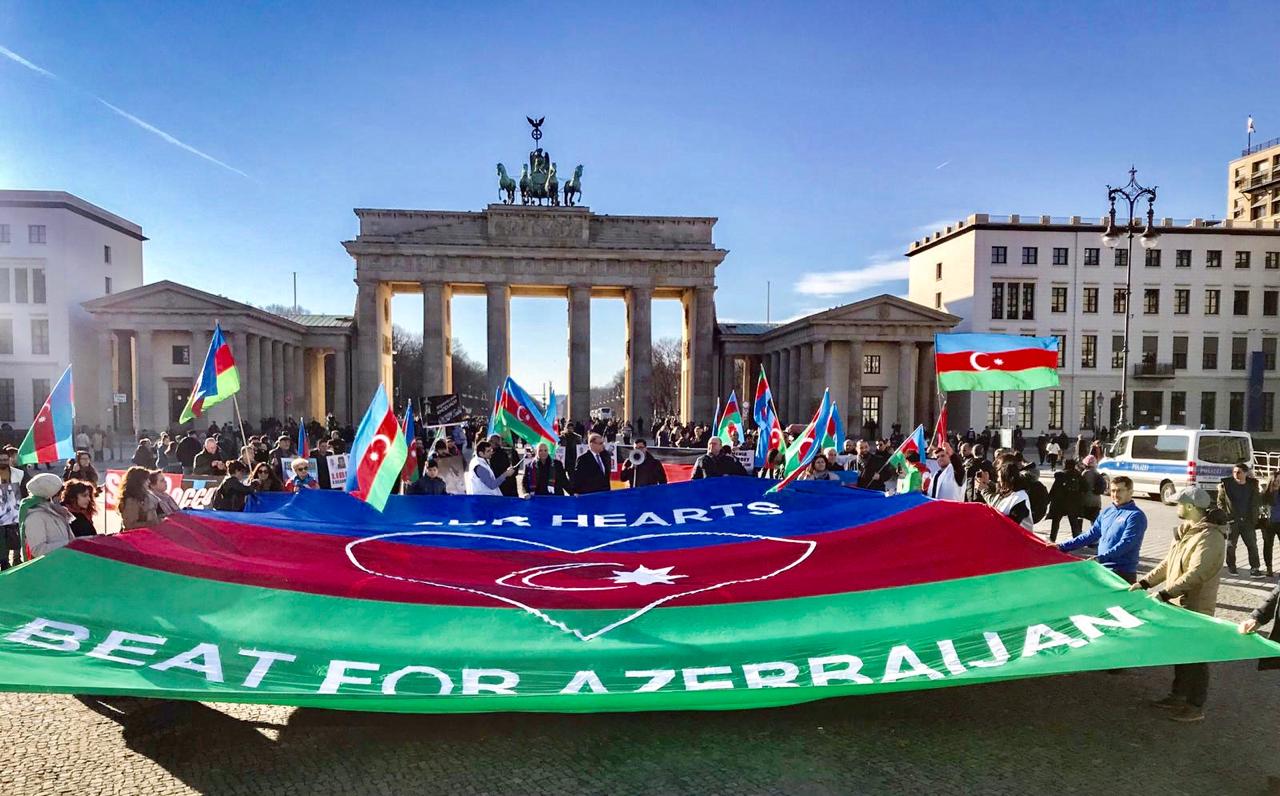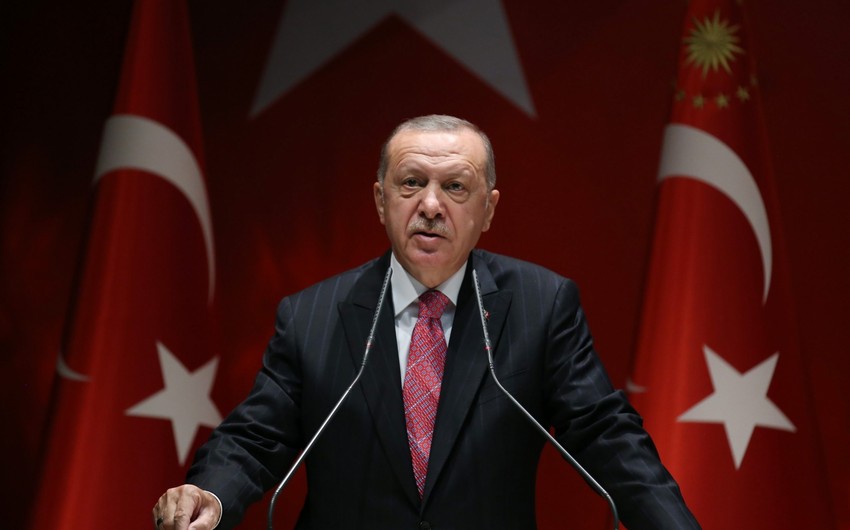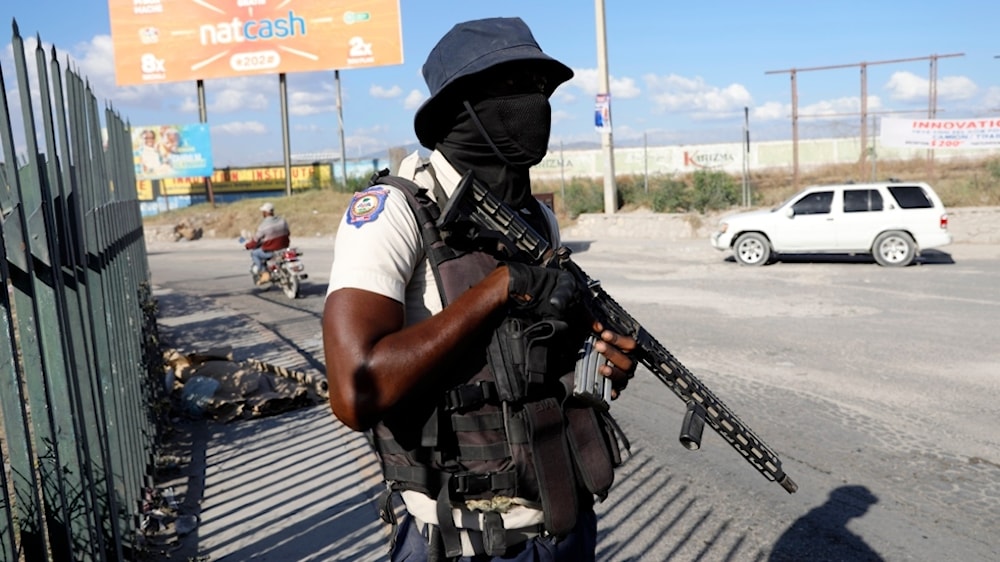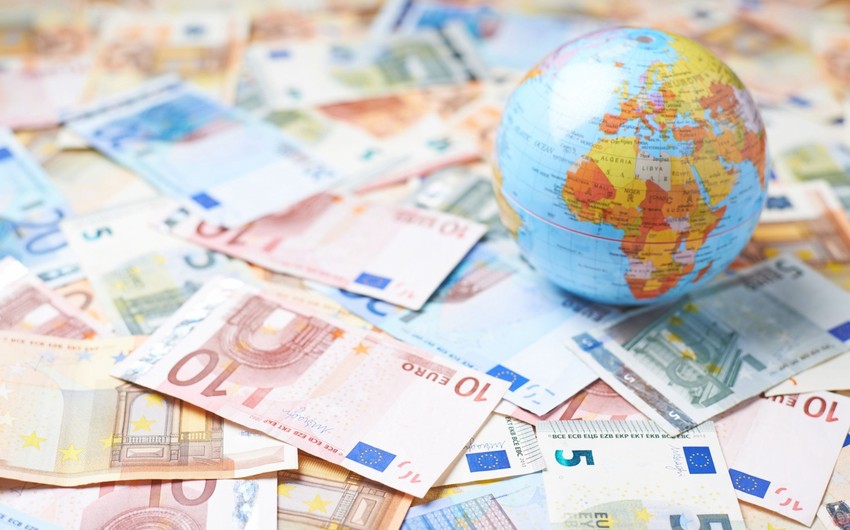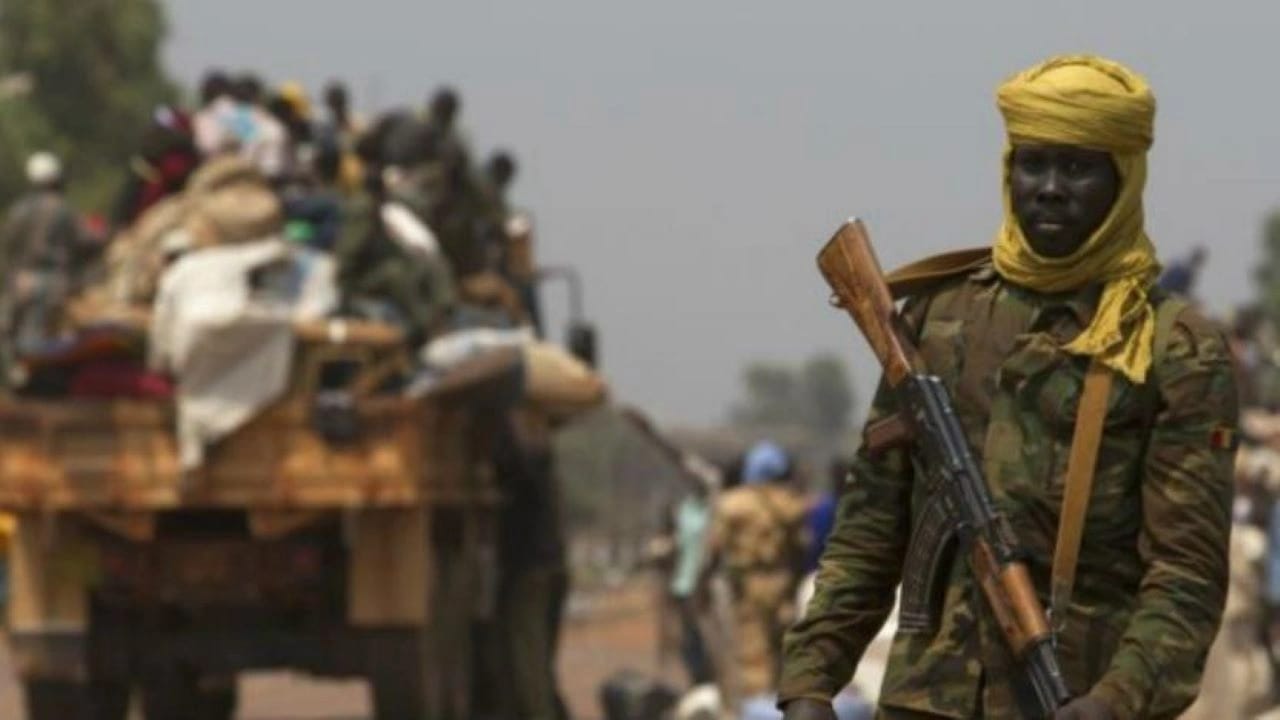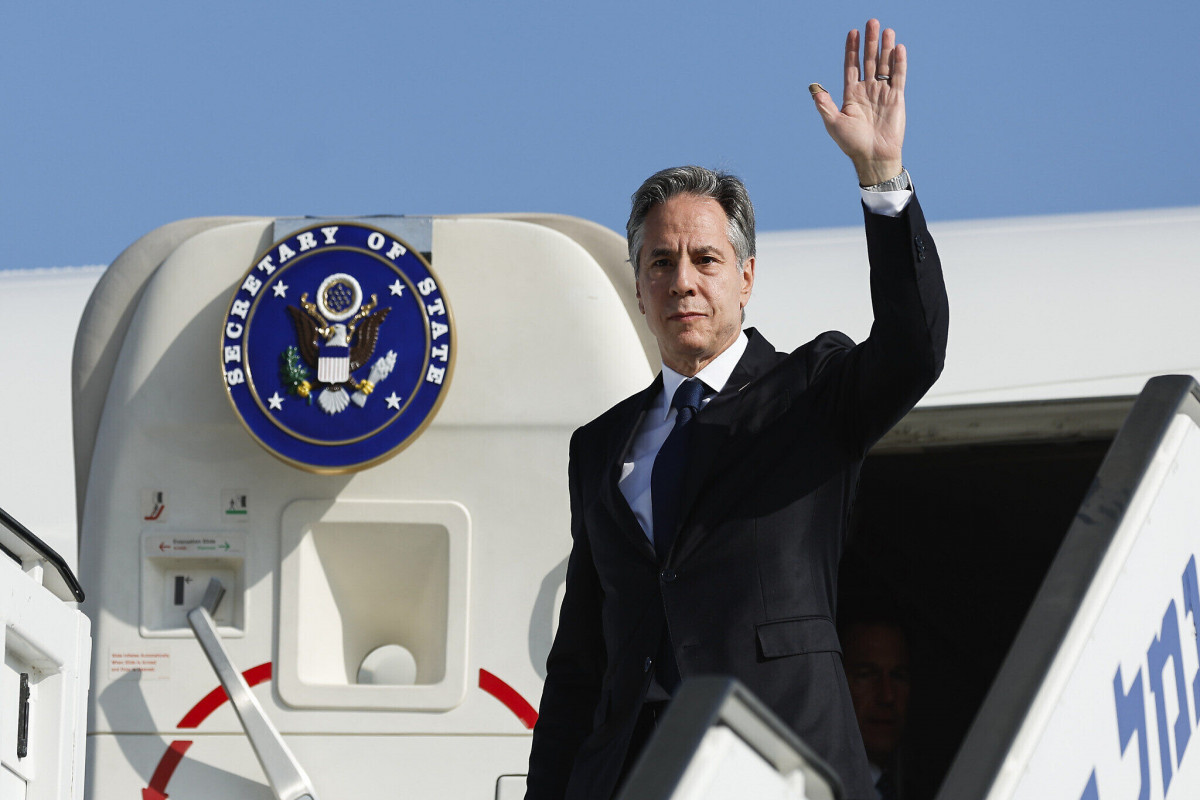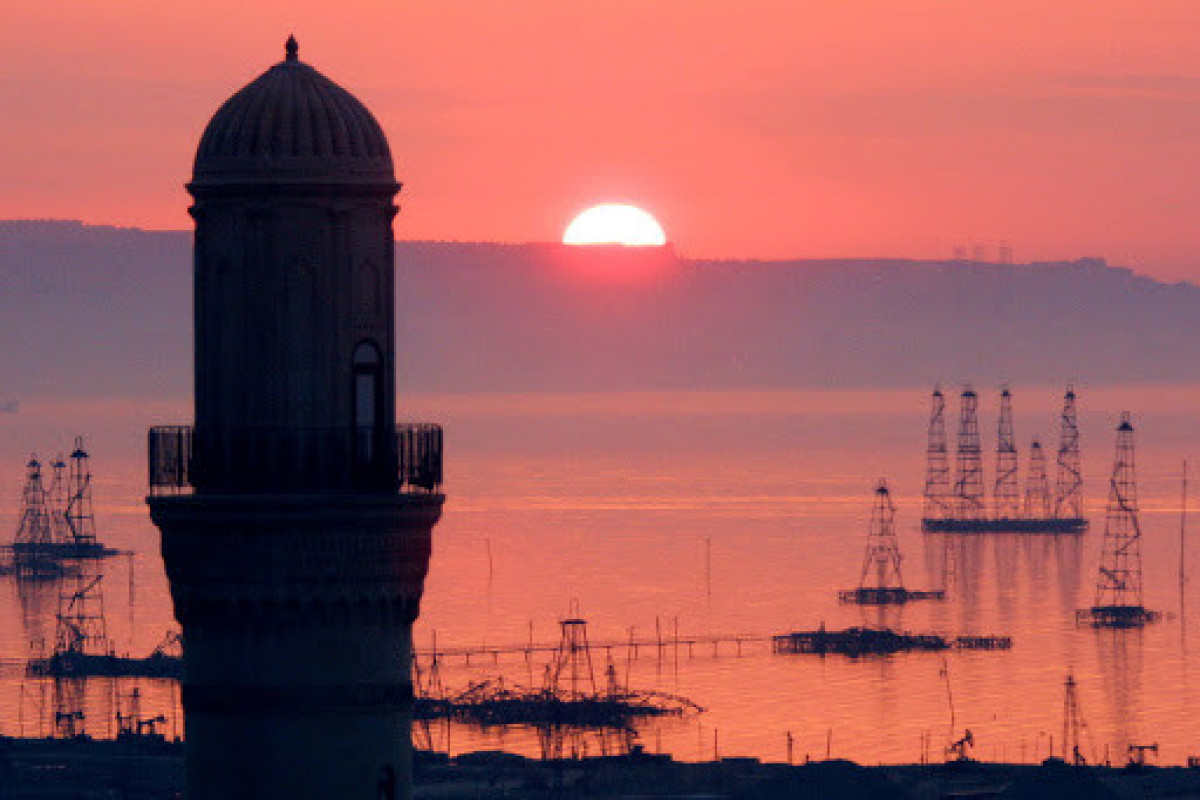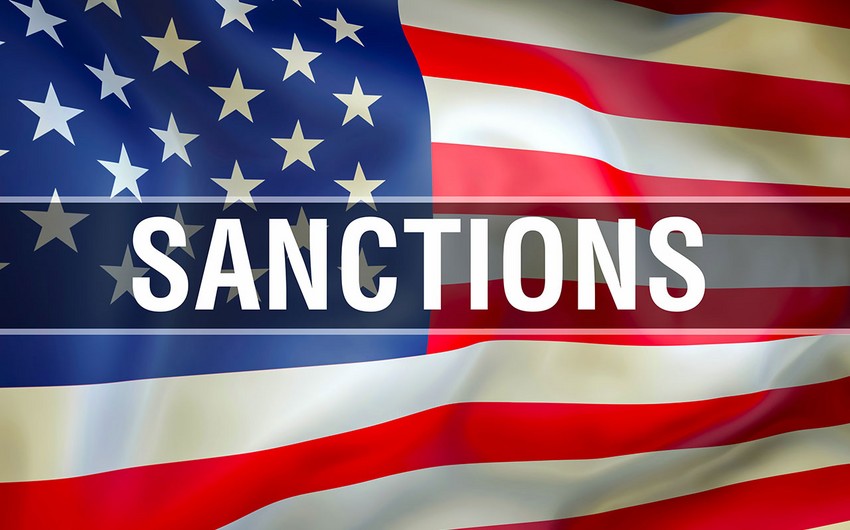On May 30, protests started in Jordan caused by the draft law on income tax, which was planned to be increased by at least 5%, based on the requirements of the IMF, in connection with the allocated three-year credit line in 2016 of $ 723 million, economic reforms and the introduction of rigor economic measures.
The trade unions called the citizens of the country to a massive strike, insisting on the resignation of the government and the cancellation of the planned introductions. Demonstrations culminated when the government of Jordan announced an increase in fuel prices, which resulted in residents of the capital staged a car protest in front of the government building.
These events carried out massive character throughout the country, which put additional pressure on the cabinet, which, according to recent polls, had a low rating and forced King Abdullah II to resign incumbent Prime Minister Hani al-Mulka on June 4, approving the post of Minister of Education Omar al-Razzaza, who holds a Ph.D. from Harvard University and was from 2002 to 2006. director of the World Bank in Lebanon, who officially withdrew the income tax bill.
The new prime minister is tasked with revising the tax system, building a dialogue with trade unions, stabilizing the economic and social spheres. Although dozens of Jordanians positively perceived personnel changes in the Cabinet and, in particular, the identity of the new chairman of the government, nevertheless, in case of discontent with their actions, are ready to repeat the protest movements.

King of Jordan Abdullah II
A similar situation was in January 2011, when the massive popular unrest caused by growth in prices and unemployment rate led to the dissolution of the government, which took ten days, this time limited to five.
On the background of the bloody events in Syria, Yemen and Libya, which resulted in devastating wars, the protests in Jordan are peaceful, allowing not to overthrow the current leader of the state, as was the case in Tunisia and Egypt, but to exert the necessary pressure on the king for changes in the executive bodies’ authorities.
On the other hand, the formation of new governments, the current one is the seventh since King Abdullah II came to throne of the country in 1999 and the second after the dissolution of parliament in 2016, did not lead to qualitative changes in the standard of living of ordinary Jordanians. In fact, everything comes down to cosmetic amendments and the necessary full-fledged reforms are not carried out. The role of political parties has decreased and the initiative was taken by trade unions operating under the Tunisian scenario seven years ago, which rallied and organized, defending the rights of citizens, trying to solve their actual problems, and not limited to populist slogans.
The protesters called for long-term budget planning, greater transparency, anti-corruption and, most importantly, a full review of the government's approach to economic and social policies.
One of the main reasons for the economic crisis in Jordan was the cessation of financial aid from Saudi Arabia and other Gulf countries, in addition to the inadequate funding from the United Nations Agency for the provision of assistance to Palestinian and Syrian refugees, the latter numbered at least 1 million.
After the events of the "Arab Spring" 2011 the Gulf Cooperation Council decided to help the Jordanian and Moroccan monarchies in the framework of a five-year agreement of $ 5 billion for each of the countries. Riyadh and its neighbors are very sensitive to the unrest in Jordan, fearing that it may spread to their own people, taking into account the events in Bahrain in 2011 where the Shiite majority tried to overthrow the ruling Sunni dynasty and only thanks to the military support of the Saudis they managed to retain power, as well as in the eastern provinces of Saudi Arabia itself demonstrations took place at the same time, so the representatives of the KSA, the UAE and Kuwait operatively convened in Mecca on June 11, making a decision to allocate funds to Amman of $ 2.5 billion, which indicates their serious concern and determination to stop the protests in Jordan in principle.

Summit in Mecca on the economic crisis in Jordan
One billion dollars will be transferred at a time, followed by tranches of 300 million for five years, which disappointed the Jordanian officials who hoped for a larger package of aid, considering it insufficient to resolve the urgent economic problems. Doha expressed willingness to invest $ 500 million in infrastructure and tourism in Jordan, as well as to create 10,000 job places for Jordanian citizens in Qatar itself. The European Union, in turn, is convinced that Jordan needs economic support that was stated by EU High Representative on Foreign Affairs and Security Policy Federica Mogherini, speaking at a joint news conference with Jordanian Foreign Minister Ayman al-Safadi in Amman, assuring the continuation of financial assistance that The European Union also provided earlier.
Regarding the relationship with the IMF, most likely Amman will ask to extend the implementation of the plan for several years and to soften some positions, since the past government has poorly calculated the risks of negative impact on the population.
Over the past two years, taxes have already been raised, bringing in additional revenue to the budget of $ 1.4 billion, which has had a negative impact on the middle class and private business, which largely bear the main debt burden. The purpose of the IMF program is to reduce the public debt to 77% of GDP (40 billion dollars) by 2021 from the current 95%, although as early as 2010 it was 67%. The budget deficit this year is $ 1.75 billion, and the gold and foreign exchange reserves are 11.5 billion, while annually about $ 1.2 billion is spent on paying off interest on loans.
The World Bank weakly assesses the immediate economic prospects, and the unemployment rate reached a 25-year high, according to the statistics department released last week, reaching 18.4%, among university graduates increased to 24.1%, according to unofficial information, one third of citizens are unemployed .
The cost of everyday goods is constantly growing, since 2006, inflation has doubled and only in 2018 the price of gasoline increased five times, and electricity bills rose by 55%. The unions report a minimum wage of $ 310 per month, which is one-third less than the subsistence minimum, and at the end of May the Economist Intelligence Unit declared Amman the most expensive city among the Arab countries and the 28th in the world. About 750 thousand Jordanians work outside the country, mostly in the Persian Gulf countries, annually paying $ 3.8 billion (10% of GDP).
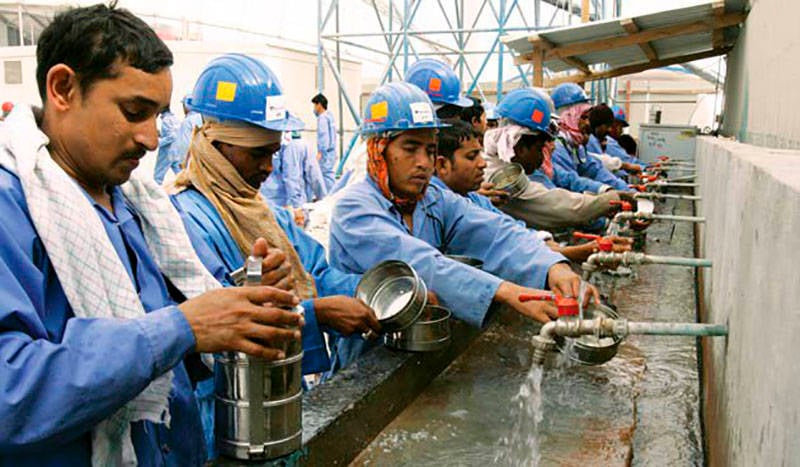
Labor Migrants in the Persian Gulf Countries
A noticeable part of the expenditure falls on the maintenance of the state apparatus and the military sphere.
According to official data, in 2017 the military budget statement in the country's budget was $ 1.87 billion (15.8% of government spending or 4.8% of GDP), which is one of the highest in the region, which is extremely militarized.
For comparison, the cost norm of NATO members should be 2% of GDP, which many do not fulfill, triggering criticism of Donald Trump.
By providing financial assistance, the United States, like Saudi Arabia, is trying to influence Jordan's foreign policy. In particular, Amman on June 15 announced the withdrawal of the ambassador from Iran on the basis of the decision of the Council of Ministers of the Kingdom, in connection with the policy of intervention in the affairs of the countries of the Middle East conducted by Tehran. The statement notes that Jordan seeks regional security, especially in Saudi Arabia and the countries of the Council of Cooperation of the Arab States of the Persian Gulf. Obviously, this is a direct result of the financial support provided by Riyadh and its allies, which was discontinued in 2017.
The reason was dissatisfaction with the actions of Amman in June last year after the imposition of a blockade against Qatar, which was not interrupted by diplomatic relations, but only lowered their level. Regarding the military campaign in Yemen, Jordan's participation was essentially symbolic and the troops were not sent there, as well as the presence of the Muslim Brotherhood party in the country's parliament, although in Saudi Arabia they are considered a terrorist organization, the links with which were attributed to Qatar, becoming one of the causes of pressure on Doha.
The relationship between Amman and Riyadh deteriorated further after the decision of Donald Trump to recognize Jerusalem as the capital of Israel and to transfer the American embassy there. According to local analysts, the Saudis resisted the calls of the Hashemites to hold an emergency summit of Islamic states immediately after the announcement of this proposal and exerted pressure on King Abdullah II, so that he did not personally visit him.
The decision to recall the Jordanian ambassador from Tehran will probably be the first point in the series of decisions of the kingdom on the most important and sensitive issues for the US and KSA, although earlier Jordan sought to take a more neutral position and avoid participation in regional blocs or coalitions, despite the historically close relationship of Amman with the states of the Persian Gulf, especially with Saudi Arabia.
Representatives of the Hashimite family, one of whom was the Prophet Muhammad himself, were the Shariffs of Mecca and in 1916 Hussein ibn Ali declared himself King of the Hijaz, but then the ruler of Najd Abd al-Aziz ibn Saud (the founder of the Saudi kingdom) drove Hussein out of the Hijaz, having enlisted the support of the British, made one of his son Faisal King of Iraq, and the other Abdallah King of Jordan. Since then, the Saudi family has been the guardian of Muslim shrines in Mecca and Medina, and hashimites in Jerusalem, in particular the al-Aqsa mosque, considered the third most important in the Islamic world after the al-Haram mosque in Mecca and the Prophet's mosque in Medina.
The ruling clan of the KSA would like in time to take care of this mosque in order to fortify its religious significance in the Muslim community and to receive additional political dividends through increased influence on the processes in Palestine, therefore between the two dynasties there is a tacit opposition and the desire of the Hashimites to retain their independence and self-sufficiency is threatened, taking into account the events that are happening, forcing to seek support from the countries of the Persian Gulf.
Summing up, Jordan needs to carry out cardinal economic reforms in order not to confront with protests from time to time, regularly changing the government and not to depend on the decisions in its foreign policy from the wishes of the donors, who in time will begin to influence the internal, making the king a puppet.
Anar Sadikhov,
Russian political scientist

